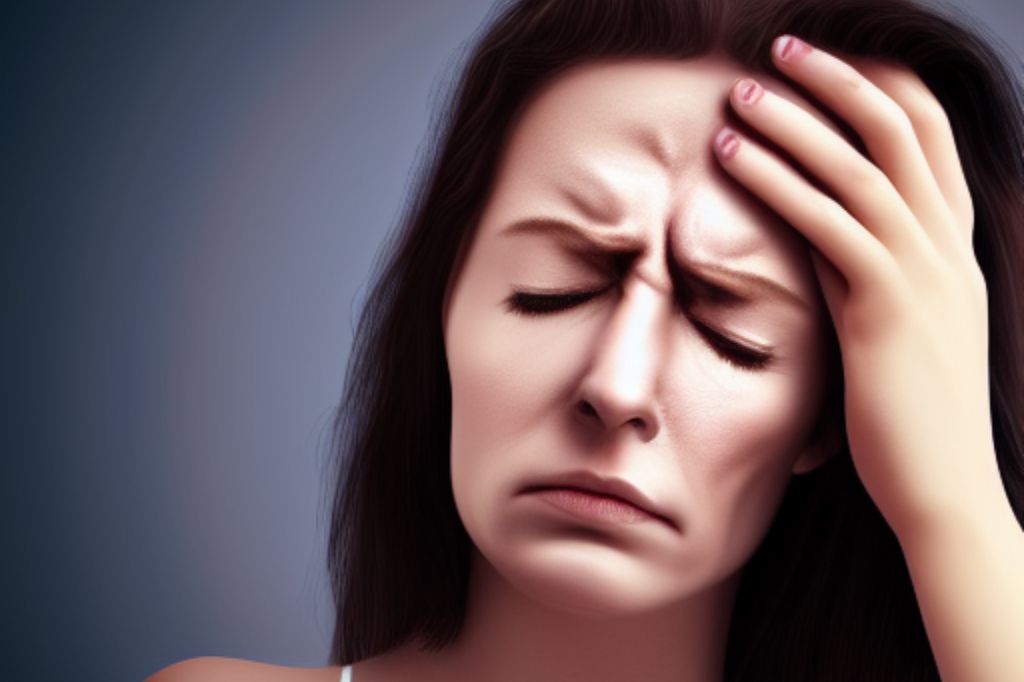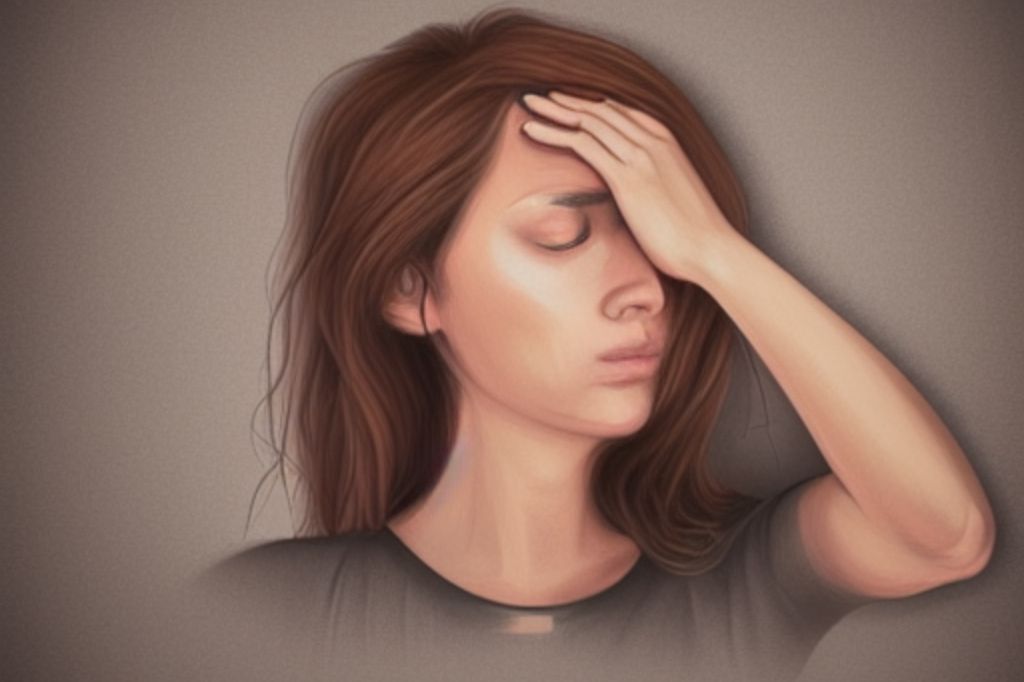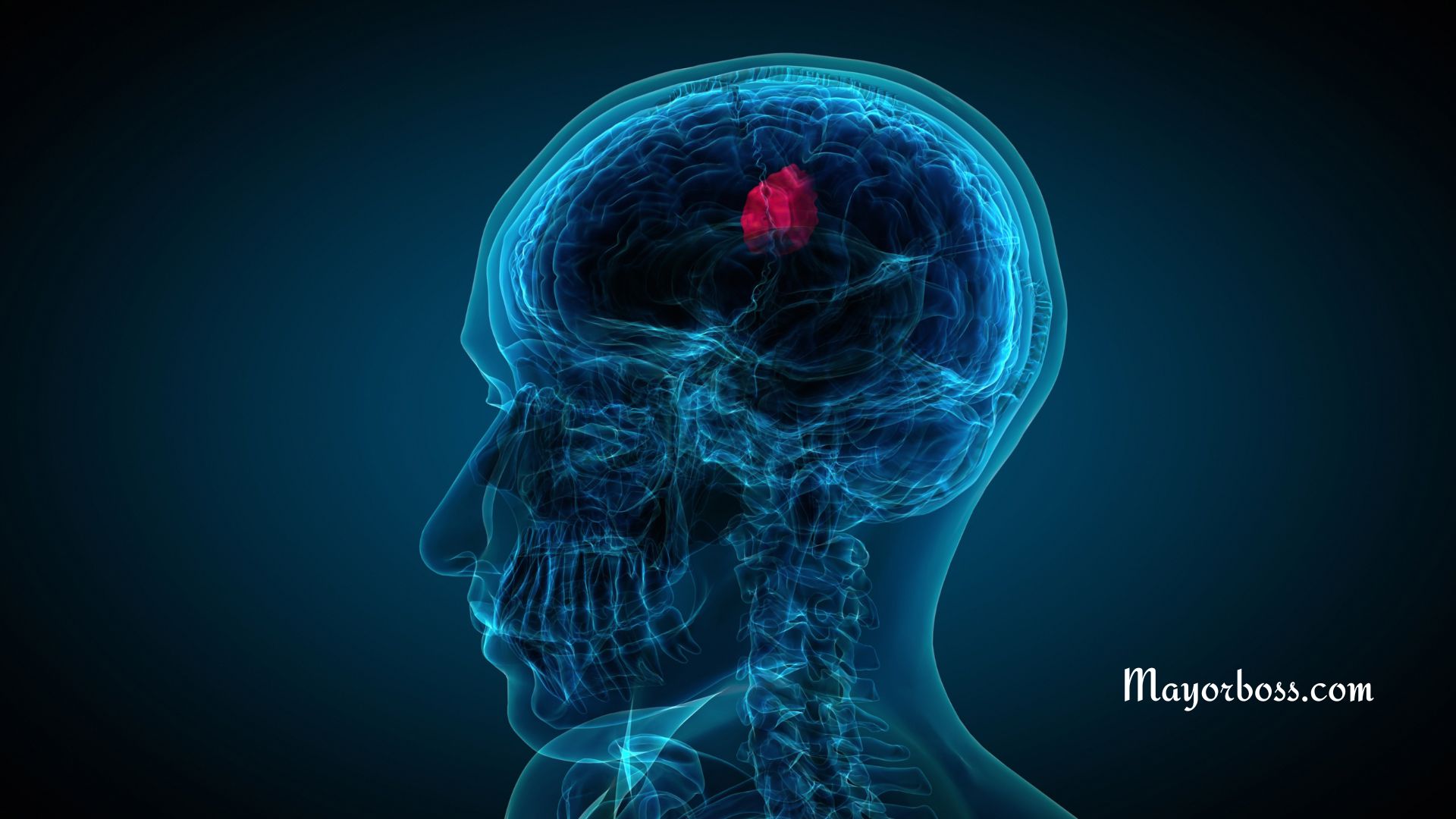8 Things That Cause Migraines
If you’ve ever had a migraine, you know they’re more than just a headache. They can be downright debilitating, affecting everything from your vision to your ability to stand light and sound. But what actually triggers these intense headaches? Today, let’s talk about some common culprits that might be bringing on your migraine pain. Who knows, understanding more about these triggers could help you avoid them in the future!

Certain Foods Trigger Migraines
You might have noticed that certain foods seem to kickstart your migraine episodes. Foods like aged cheeses, red wine, processed meats, soy sauce, and even chocolate are well-known migraine activators. This is because they contain substances like tyramine or nitrates, which can affect blood flow and brain chemistry, leading to a migraine. So, next time you plan your meals, you might want to think about these ingredients, especially if you’re prone to migraines.
Stress
Yes, stress—the not-so-silent migraine maker. It’s not just your imagination that your head starts to throb after a day filled with back-to-back meetings or an argument at home. Stress releases certain chemicals in your brain that can change the blood vessels there, making a migraine more likely. The silver lining? By managing your stress, you might be able to control your migraines better. Simple stress reduction techniques like mindfulness, yoga, or even regular exercise could make a big difference.
Weather Changes
Believe it or not, the weather can also be a trigger. The American Migraine Foundation suggests that sudden changes in barometric pressure, extreme heat, or even a shift from clear to rainy weather can provoke a migraine. If you think the weather might be a factor for you, keep a migraine diary and track the weather conditions when you get a migraine. This can help you prepare and possibly prevent future episodes by taking medications ahead of time when you anticipate bad weather.
Irregular Sleep Patterns
Maintaining a consistent sleep schedule is crucial, particularly for those prone to migraines. Irregular sleep patterns, including both oversleeping and insufficient sleep, can lead to these severe headaches. To minimize the risk of migraines, strive to follow a consistent sleep routine every day, including weekends. Establishing a relaxing pre-sleep ritual and ensuring your sleeping area is optimal for rest can also be beneficial.
Caffeine
Caffeine can be a double-edged sword for migraine sufferers. For some, a small amount can actually help alleviate a migraine. For others, too much caffeine—or withdrawal from it—can be a trigger. Monitoring your caffeine intake and keeping it consistent can help you determine its role in your migraines.
Dehydration
Keeping hydrated is essential, particularly if you tend to experience migraines. When you don’t drink enough fluids, dehydration can occur, leading your brain to contract slightly. This contraction can cause it to pull away from the skull, activating the pain receptors associated with migraines. It’s important to regularly drink fluids, with a preference for water, to help prevent these painful episodes.
In fact, according to The American Migraine Foundation, about 1/3 of people with migraines say that dehydration is a trigger for their headaches.
Hormones
Hormonal changes, particularly in women, can trigger migraines. This is why some women experience migraines just before or during their menstrual period when estrogen levels drop. If you suspect hormonal changes are triggering your migraines, talk to your healthcare provider. They might suggest hormone therapy or other treatments that can help stabilize these fluctuations.
Sensory Overload
Bright lights, loud noises, or even strong smells—the sensory overload can be too much for your brain when you’re susceptible to migraines. If you notice that sensory inputs trigger your migraines, try to limit your exposure. Wear sunglasses on bright days, take breaks in quiet, dark rooms when needed, and avoid strong odors when possible.
Now What?
Knowing what your triggers are is the first measure to managing your migraines more effectively. Keep a detailed migraine diary, noting what you ate, your activities, stress levels, the weather, and your sleep patterns. This can help you and your healthcare provider figure out patterns and plan better prevention methods.
Frequently Asked Questions
1. Can skipping meals cause migraines?
Absolutely, skipping meals can drop your blood sugar levels, which might trigger a migraine. Try to eat regular, balanced meals to prevent this.
2. Are there any specific exercises I should avoid to prevent migraines?
High-intensity exercises might trigger migraines in some people. If you notice a pattern, you may want to stick to moderate or low-impact exercises like walking, swimming, or yoga.
3. How effective are over-the-counter medications in treating migraines?
Over-the-counter medications can be effective for mild or moderate migraines. However, if your migraines are severe or frequent, it’s better to consult with your doctor for a treatment plan that suits your specific needs.






